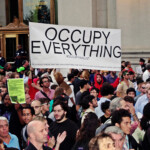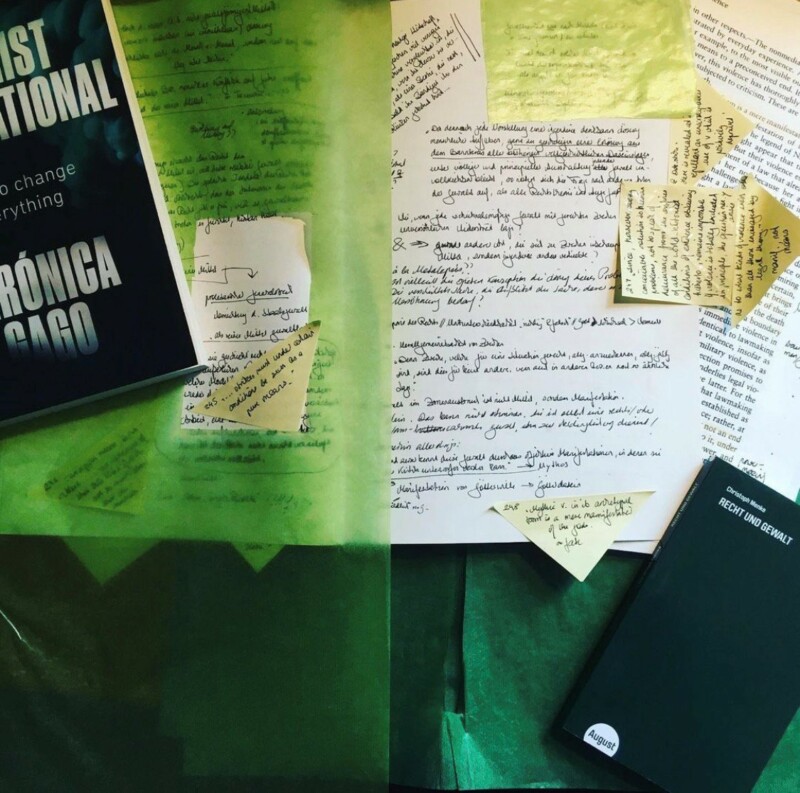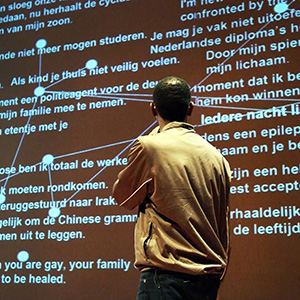Podcast

We might have expected the pandemic to shut down popular assemblies, since they have traditionally presumed access to shared space. And yet, there have been ways to occupy public space. And yet, there have been ways to occupy public space that accept the safety protocols for Covid-19. How then do we think about „safety“ in relation to assembly? We speak about the right of peaceable assembly, but do we speak as often about safe conditions for assembly? The idea of safety brings up ambivalent viewpoints, and it became a key topic of debate for the Occupy movement and for the uprisings of the Arab Spring. „To play it safe“ means not taking risks, not asking for too much, so what role, if any, does danger now play? If we think that heroic forms of risking our lives is part of a political struggle, what happens when the risk that I take is immediately a risk to you as well? Where does an ethics of care enter into our politics of assembly?
Part of Episode VIII: “10 Years Occupy Wall Street”
With Judith Butler, Max Haiven & Florian Malzacher
18. September 2021 – Volksbühne am Rosa-Luxemburg-Platz, Berlin / Germany
Supported by Rosa-Luxemburg-Stiftung
Biography
Judith Butler is currently Distinguished Visiting Professor of Philosophy at The New School University in NYC. They are the author of several books, including Gender Trouble, Precarious Life, Notes Toward a Performative Theory of Assembly, and The Force of Nonviolence. They taught at the University of California at Berkeley for several years where they helped to create both the Critical Theory Program and the International Consortium of Critical Theory Programs. They are currently at work on two book manuscripts: Kafka and the Law and Whose Afraid of Gender?







